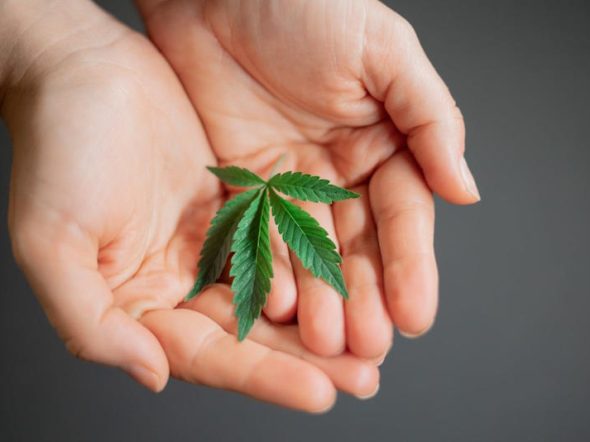More and more individuals are turning to CBD as its popularity grows in order to reap the possible health benefits. However, the legal position of CBD may be extremely baffling since it varies from one state to the next. You've come to the correct spot if you're trying to figure out if purchasing cannabidiol is permitted in your state.
We will walk through the complex labyrinth of CBD legislation and regulations throughout the United States in this guide. We'll also examine how the 2018 Farm Bill affected the CBD market and clarify the differences between state and federal rules. So, let's dig in and look at the constantly changing CBD legal environment, so you have the information you need to make wise judgments.
The 2018 Farm Bill – A Huge Moment for the CBD Industry
The 2018 Farm Bill represented a critical turning point for the CBD market. It made it lawful for individuals and companies with licensing to cultivate hemp and sell it as long as it had less than 0.3% THC (tetrahydrocannabinol), the intoxicating ingredient present in marijuana. Hemp is the plant from which CBD is produced. This law paved the way for a flurry of CBD products and increased consumer interest nationwide.
Even though CBD derived from hemp has been legalized on the federal level, individual states still have the power to control how it is produced and distributed inside their boundaries. Due to the patchwork of different laws and regulations, customers must comprehend the state-specific legislation.
Consumers may find it unclear how state and federal rules on CBD products vary. While hemp-derived CBD for sale was made lawful at the federal level by the 2018 Farm Bill, state restrictions remain in effect. As a result, even if CBD is permitted under federal law, it may still be illegal or subject to strict regulation in certain states.
Various elements of CBD, including licensing requirements, labelling information, and testing procedures, might be covered by state legislation. Additionally, several jurisdictions prohibit the sale of food and drinks infused with CBD or need particular warning labels. Understanding and following federal and state rules is essential for consumers and companies to stay out of legal trouble.
It's also important to remember that the legal environment around CBD is continually changing. New restrictions may be implemented, and state laws might be amended. Consequently, it's important to keep up with current events in your state.
Which States Have CBD Oil Restrictions?
Generally, most states permit the sale and use of CBD products with a maximum THC content of 0.3%. Therefore, you should be safe when you order CBD online. However, there are restrictions in certain jurisdictions, which we outline below.
- California: Although recreational marijuana is legal, CBD edibles technically aren’t. However, this rule isn’t strictly enforced.
- Idaho: CBD products can’t contain any THC.
- Kansas: The THC threshold is 0.1% rather than 0.3%.
You may hear of other rules, but in general, enforcement of CBD laws is very low across the United States, barring the occasional exception. Yet, due to USPS' vape mail ban, relatively few CBD sellers offer vape products.
Final Thoughts on the Legality of CBD Oil Per State
In conclusion, understanding the legal status of CBD for sale may be challenging due to the differences in laws and regulations from state to state. This overview has hopefully shed important light on the present status of CBD legalization in the United States.
Each state has its own set of laws regulating the manufacture, sale, and use of CBD products, from California to Texas, New York to Colorado. To maintain compliance and prevent legal issues, consumers and companies must know about their state's unique legislation.
A big turning point for the CBD market was the approval of the 2018 Farm Bill, which made it federally legal to grow hemp and sell products derived from it if they contained less than 0.3% THC. It is crucial to remember that just because something is allowed at the federal level, it does not always imply it is legal in every state. Additional constraints or requirements, such as licensing, testing, or bans on CBD-infused foods and drinks, may be imposed by state legislation.
